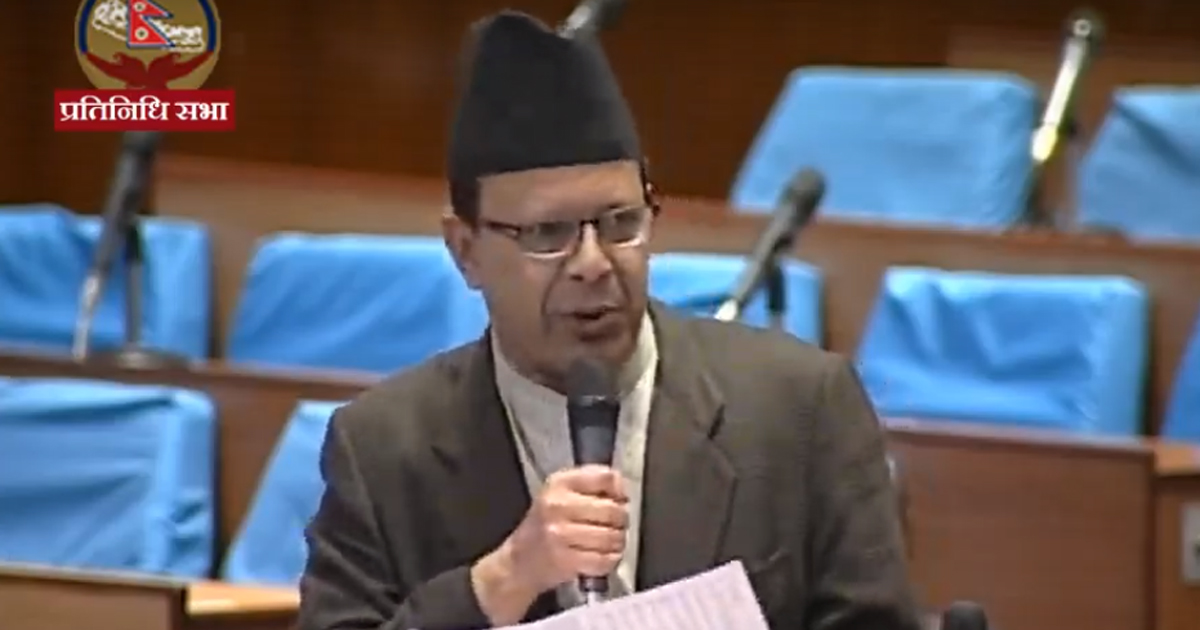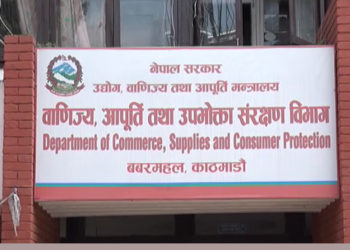KATHMANDU: The Constituent Assembly (CA) members have highlighted the need of overcoming several challenges and constraints during the implementation of nascent federal governance system of Nepal.
At an interaction ‘Federalism and Inclusiveness in Nepal: Structure and Practice’ organized here today by the Parliament Society Nepal, they said though the country has entered into federal structure in terms of geography the issue of authority transfer has witnessed constraints due to judiciary, bureaucracy and political mindsets.
Lawmaker and former minister Dr Minendra Rijal stressed the need of formulating laws for the implementation of federalism. “All political parties, governments and federal parliament should fulfill their responsibilities on time to strengthen the federal structure,” he said.
Senior advocate Khimlal Devkota said there was no problem in the implementation of federalism due to the Constitution.
“Although the country has entered into federalism geographically, the problem has arisen as political parties, courts, bureaucracy and traditional mindsets have not been federalism friendly,” he said.
It is difficult to put the federal system into full practice due to lack of timely legislation, Devkota claimed.
Lawmaker Dr Binda Pandey viewed that all the laws required for the implementation of federalism had not been formulated. “Much have been done at the local level. The provinces are in dilemma about how to perform in an orderly and systematic manner. When the Constitution has not been fully implemented, it cannot be said to be successful or unsuccessful,” she noted.
Society’s President Manoj Satyal said it was a matter of wider concern that the Federal Civil Service Act and the Provincial Police Act, which are considered important in the implementation of federalism, have not been finalized even after nine years of the promulgation of the Constitution.
As many as 30 parliamentary beat journalists of various national media attended the two-day interaction on federal parliamentary affairs.









Comment